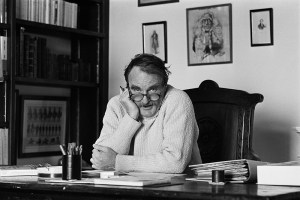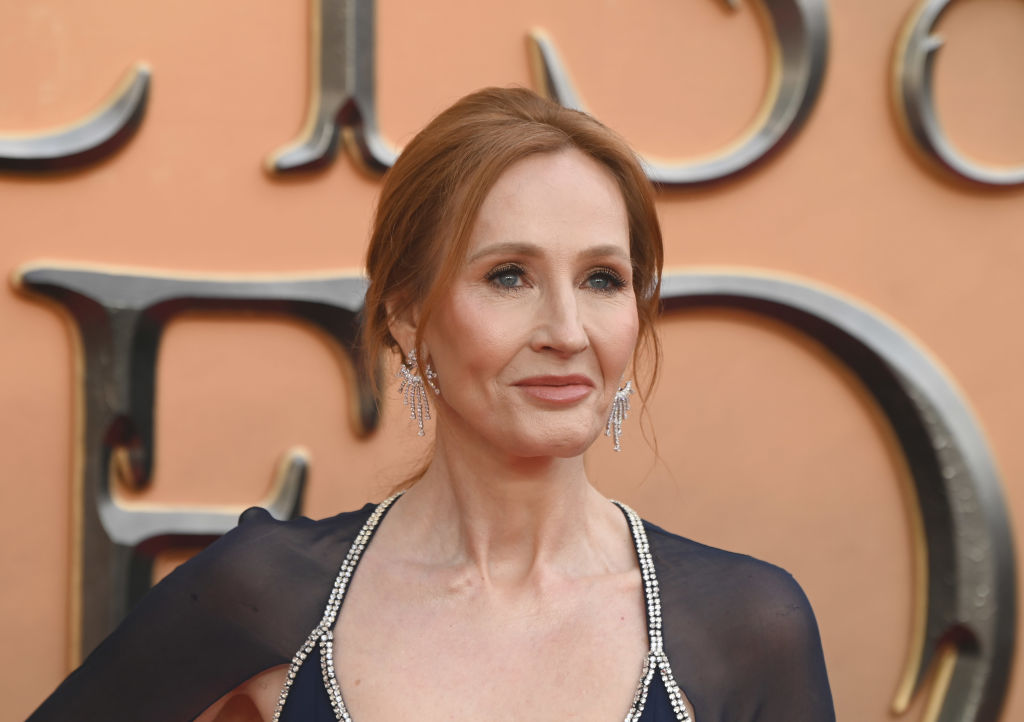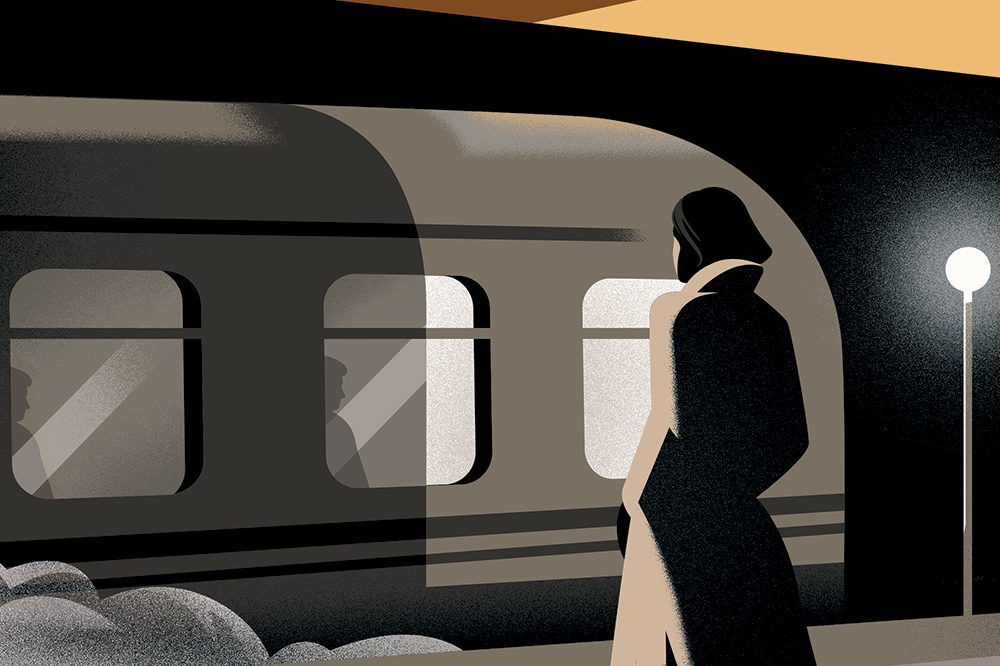Sore throat, losing my voice — it’s not COVID, just a book tour. For the last three weeks I’ve been giving interviews to anyone who will have me, in order to flog my new book, Boomers. It’s a takeoff on Lytton Strachey’s Eminent Victorians, directed at the baby boomers.
It was not the book tour I dreamed of having as a little girl. No cocktails and canapés, no cozy readings at Barnes & Noble. Thanks to the virus, I have no in-person events scheduled at all, just dozens and dozens of Zoom calls. But the Penguin Random House publicity team was making the best of it, so I did the same. I asked them if they had any advice. ‘Don’t mention Lytton Strachey,’ they said. ‘If we only sell books to people who have heard of him, we’ll never break even.’
It was difficult to prepare. Most interviewers won’t have read the book beforehand, so I needed to be ready to talk about anything that ‘boomers’ might mean to them. Which could be the Beatles, or it could be race relations. The six figures I chose as my eminent boomers — my counterparts to Strachey’s General Gordon and Florence Nightingale — were Steve Jobs, Jeffrey Sachs, Camille Paglia, Al Sharpton, Aaron Sorkin and Sonia Sotomayor. That widened the range of possible interview topics to approximately everything.
Of course, times being what they are, what I was really afraid of was getting canceled. All it would take would be one hostile interviewer asking whether my case against the baby boomers meant that I thought America was better off under Jim Crow, or something absurd like that. Put a foot wrong in your answer and you’re toast.
I had an answer all prepared. In the 1960s, there were baby boomers behind the Iron Curtain who wanted to do for the Eastern Bloc what their peers were doing here in America with their youth revolution. The obstacle they ran into — in addition to the Soviet tanks — was that their parents would never admit that communism was bad. No matter how many particular abuses they conceded, any time they came close to a mental breakthrough, they would tell their children, ‘Oh, you don’t remember what it was like before the war. You don’t want to go back to how it was before, do you?’
That’s how the boomers think about themselves. Any time someone points out their faults, they start naming all the segments of humanity that the Sixties supposedly liberated: women, minorities, gays, immigrants. It’s as if a door slams shut in their brains: you don’t want to go back to how it was before, do you? Like the Iron Curtain parents who were convinced that their only choices were prewar dysfunction or Soviet communism, they can’t grasp that there might be a third option.
In the end, none of the liberal interviewers tried to trip me up or get me canceled. The liberal writer who reviewed Boomers for the New Yorker was positively generous. He did make one error, referring to me as a Roman Catholic. It’s an understandable mistake. I work in the conservative movement; I write for First Things. But ever since I married a handsome Russian, I have been Orthodox. Poor guy, he had a whole riff at the top of the review comparing me to a Catholic nun rapping kids’ knuckles with a ruler.
By far the best interviewer of the tour was Rod Liddle, who conducted a video chat for this magazine. I had never met Rod before, but he got off to a good start when he asked me before we began if he could smoke during the interview. Will American viewers mind? he asked. If they do, I said, to hell with them.
I heard through the grapevine that one of my six eminent boomers, I won’t say which one, watched one of my interviews and thought my assessment was judicious and fair. I felt a pang of disappointment that my subject was not devastatingly insulted, but only for a moment.
My last interview was with a Jesuit priest for a Catholic website. Toward the end of our call, he asked me who I thought should be the patron saint of the boomers. I explained that the Orthodox don’t really assign patron saints to various causes and concepts the way the Roman church does. ‘Wait, you’re not Catholic?’ he asked. Is there something about me that makes everyone assume that I am? Six days later, the interview still hasn’t been posted on that Catholic site. Maybe being in schism was a dealbreaker for their editor.
After the book tour was over, I found time to unwind by catching up with my college alumni group. It has a regular Zoom call where the class of 2008 keeps each other updated on our lives. One woman, who is paying off her med-school loans working at a clinic in the Catskills, told us that her practice has seen a massive influx of ‘Covid refugees’, New Yorkers fleeing the city for upstate because nothing in Manhattan is open. ‘Everything you’ve heard about masses of people moving out to the sticks because of the lockdowns,’ she said, ‘it’s all true.’
That was a consolation. Even if Penguin Random House had thrown me the swanky book-launch cocktail party of my dreams, there probably wouldn’t have been anyone left in New York to attend it.
Boomers: The Men and Women Who Promised Freedom and Delivered Disaster is published by Sentinel. You can watch Rod Liddle’s interview with Helen Andrews here. This article was originally published in The Spectator’s March 2021 US edition.

























